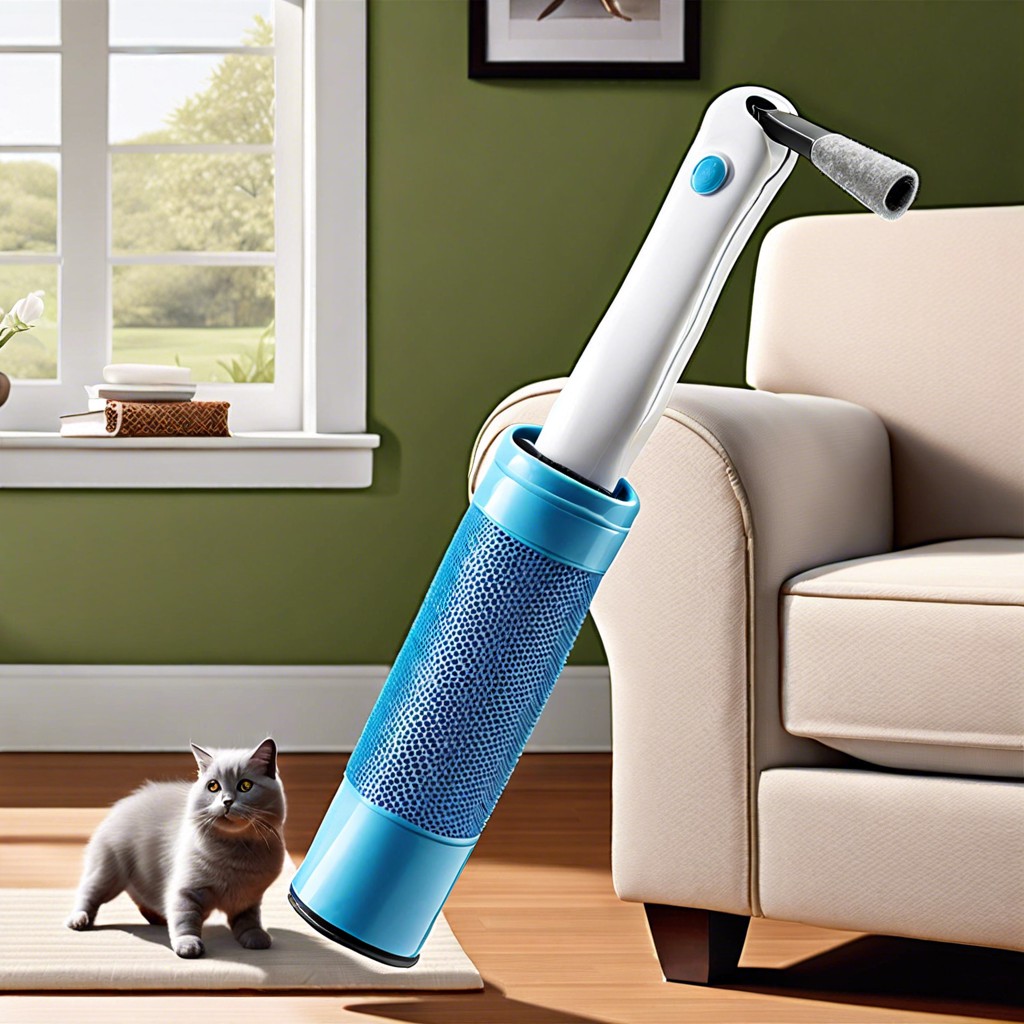Last updated on
Limited plumbing system repair coverage is an insurance policy feature that covers certain repairs or replacements to the plumbing system within a property’s boundary, excluding external supply or disposal pipes and typically capping at a predefined amount.
Limited plumbing system repair coverage is a specific type of insurance policy that covers the cost of repairs to your home’s plumbing system. This can include everything from leaky pipes and faulty valves, to major issues like burst pipes or sewer backups.
However, it’s essential to note that this coverage is “limited,” meaning it doesn’t cover all potential plumbing problems. For instance, damage due to negligence or lack of maintenance typically isn’t covered.
In this article, we will delve into the specifics of what limited plumbing system repair coverage entails, its exclusions, and why it might be a valuable addition to your home insurance policy.
Key takeaways:
- Limited plumbing system repair coverage covers certain repairs to your plumbing system.
- Coverage is limited and does not include all potential plumbing problems.
- Regular homeowners insurance covers sudden and accidental water damage from plumbing systems.
- Homeowners insurance may not cover plumbing issues caused by negligence or lack of maintenance.
- Sewer backups and polybutylene piping may have limited coverage under homeowners insurance.
Table of Contents
Relation Between Homeowners Insurance and Plumbing Coverage

Regular homeowners insurance often includes coverage for sudden and accidental water damage from plumbing systems. This typically consists of issues such as busted pipes or a sudden leak. This coverage could potentially pay for repairs to your home and replacements for damaged possessions. It’s crucial to check the fine print in your policy for explicit details.
However, it’s vital to distinguish between sudden water damage and gradual water damage. Many insurers may not cover the latter category in their basic policies. Incremental damages that arose from slow leaks, rust, or corrosion often do not make the cut for insurance coverage. Such damages signal a lack of maintenance which is solely the homeowner’s responsibility.
Insurers essentially discourage negligence and lax upkeep on part of the homeowners. Most view the home as an investment that warrants meticulous care, so they generally shy away from supporting poor upkeep. Therefore, although sudden disruptions in your plumbing qualify for insurance, a well-maintained system is the best bet for comprehensive protection.
Circumstances When Home Insurance May Not Cover Plumbing Issues
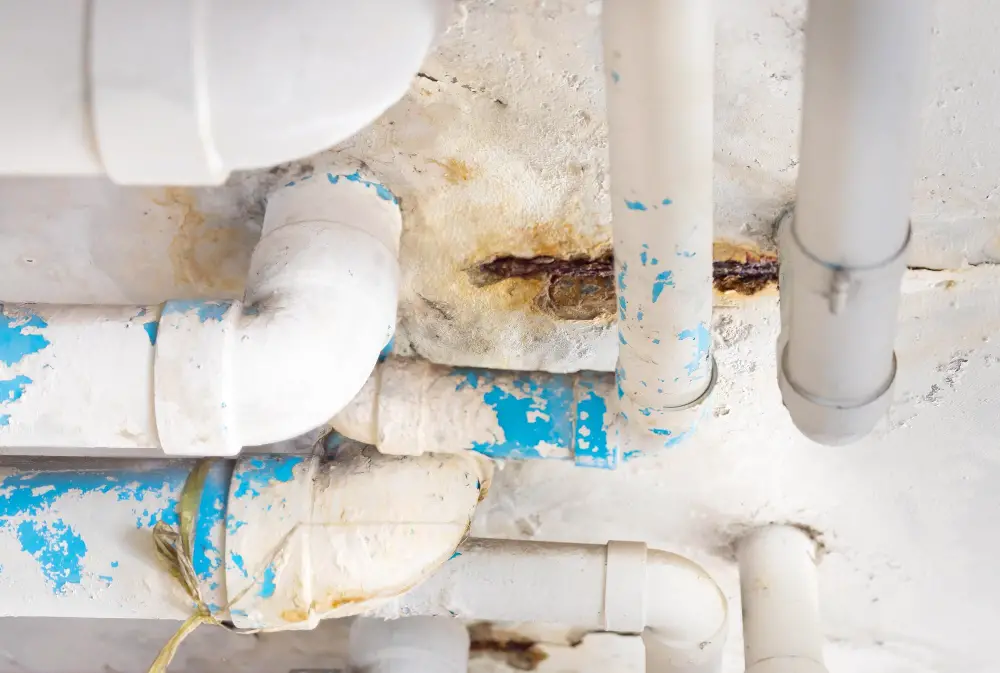
It’s essential to remember that homeowners insurance only covers plumbing issues that result from sudden and accidental incidents. It does not extend to damage caused by normal wear and tear. For instance, if a pipe in your home suddenly bursts due to freezing conditions, the subsequent water damage would likely be covered under your policy.
However, if a pipe leaks over a long period due to a lack of maintenance or an ageing plumbing system, the damage caused will typically not be covered by your insurance. This is essentially because such an issue can be perceived as negligence on part of the homeowner.
Also, keep in mind that if the damage originates outside the ‘dwelling’, it may not be covered. For example, damage from tree roots invading your sewer lines might not be included in your policy’s coverage.
Home insurance also does not usually cover sewer or drain backups unless added as a specific endorsement. As such backups can cause significant damage to a home, this is something to seriously consider when selecting your homeowners insurance.
Understanding Limited Plumbing System Repair Coverage
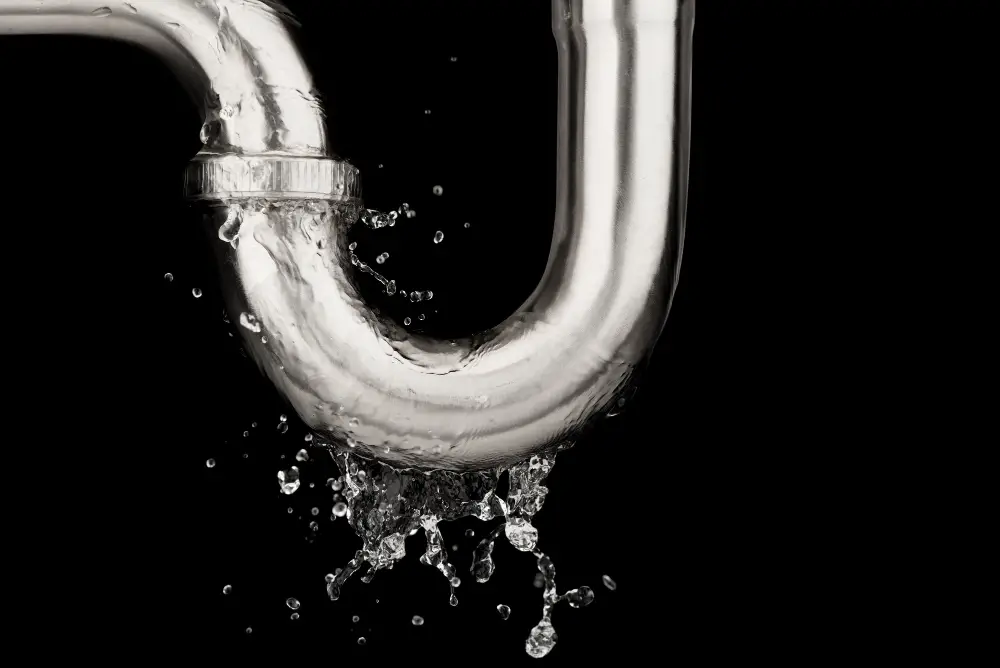
Limited plumbing system repair coverage denotes specific types of plumbing issues that the policy covers. Often, these include sudden or accidental damage such as burst pipes but exclude gradual and predictable events like corrosion or general wear and tear. Plumbing systems that fail due to improper installation or substandard materials also typically fall outside the coverage.
Key principles to remember include:
- 1. Coverage is for sudden, unanticipated events: Quick, unexpected incidents like pipe bursts often qualify for claims, differentiating them from slow leaks or rust, which are considered preventable through regular maintenance.
- 2. Material and installation matter: If your plumbing system was poorly installed or made from low-grade materials, your claim might be denied. Ensuring professional installation with quality materials is crucial.
- 3. Sewage backup isn’t automatically included: Many homeowners assume that sewage backup is covered. However, it often requires a separate rider or an addition to your policy.
Despite these restrictions, the right maintenance practices and comprehensive inspection can minimize the chances of facing a denied claim.
Implication of Poor Plumbing Maintenance
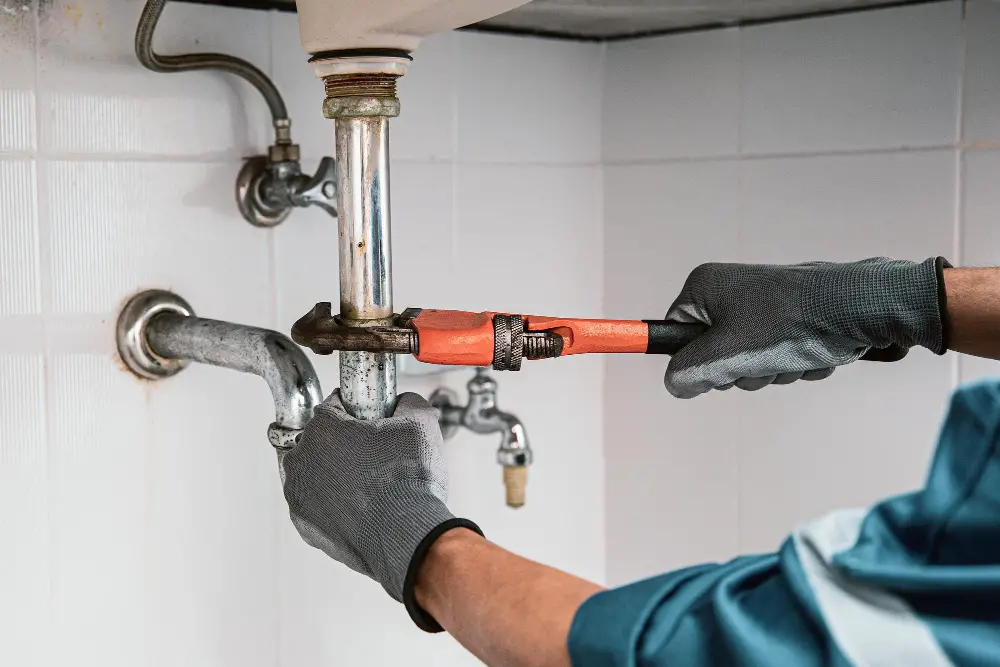
Neglecting regular upkeep of the home’s plumbing system can have serious consequences. First and foremost, insurance companies may deny claims for damages that result from poor maintenance, viewing those as homeowner’s responsibility.
The gradual build-up in pipes due to lack of cleaning can lead to pipe corrosion, increasing the likelihood of leaks or bursts. Additionally, aged and deteriorating pipes can cause similar issues even without visible signs. These problems can exacerbate over time if not addressed promptly.
Moreover, inefficiently functioning plumbing systems can result in an increase in utility bills. Leaking faucets or broken pipes can lead to wastage of water, thereby increasing costs.
Undeniably, neglect can also lead to more serious issues such as sewage backups or major water damage, which can cause structural damage to the property. These incidents not only result in costly repairs but may also render some parts of the home unusable.
Finally, issues like mold due to excess moisture can pose health risks to the inhabitants. Insurance companies might not cover mold remediation if it arises from poor maintenance, causing homeowners to bear these expenses independently.
To prevent such issues, it’s paramount to schedule regular plumbing maintenance checks and promptly address any minor issues noticed.
Risks of Sewer Backups in Relation to Plumbing Insurance
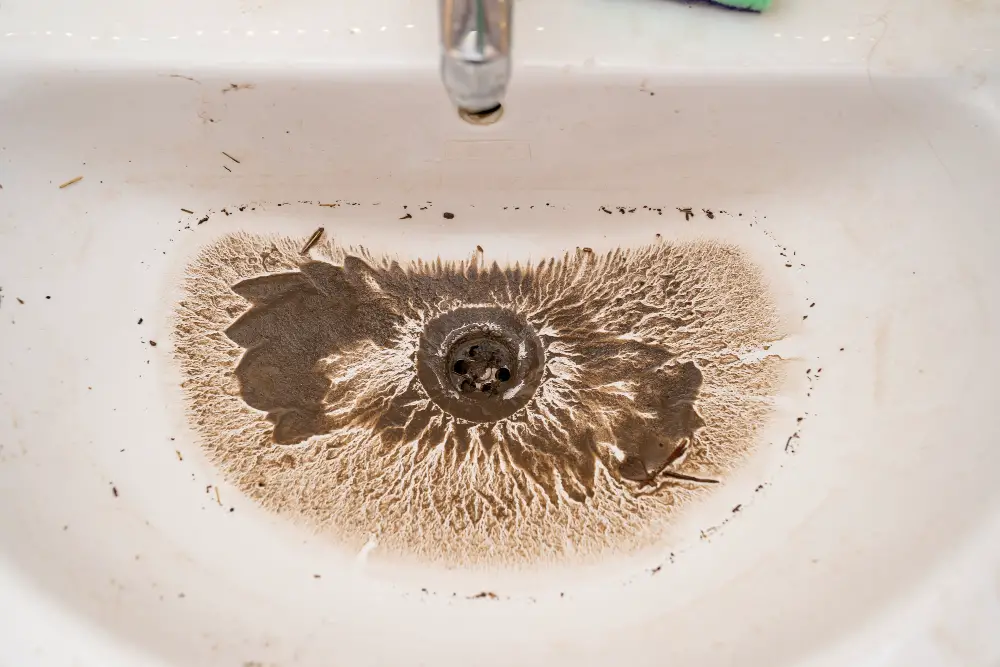
One major risk factor associated with plumbing issues is sewer backup. This happens when the sewage system gets congested, forcing wastewater to flow back into your home. Not only does it cause substantial damage, but it also makes the environment hazardous due to the presence of harmful bacteria.
Regrettably, a standard homeowners insurance policy doesn’t typically cover sewer backups. To safeguard against this, consider purchasing an optional sewer backup coverage, which can help manage the repair or replacement costs of damaged items and the cleaning expenses related to sewer backups.
The average cost of sewer backup damage can range anywhere from $10,000 to $20,000, making it a worthwhile addition to your insurance package. Proactive measures, such as regular inspections and installing a backwater prevention valve, can also help minimize the risk and probable damage from sewer backups. This preventive approach not only keeps your property safe but could also have an impact on your insurance premium.
Coverage Limitations With Polybutylene Piping
Polybutylene pipes, popular in homes built between the 1970s and 1990s, are known for their propensity for breaking down over time. Unfortunately, their tendency to deteriorate rapidly may fall outside the purview of most insurance policies, leaving homeowners potentially facing large out-of-pocket expenses.
Certain factors influence this lack of coverage:
- Inherent Defects: Standard home insurance policies typically do not cover the costs of managing inherent defects in a property’s structure. Many view the use of polybutylene pipes as one such defect, given their propensity to fail.
- Wear and Tear: Insurance providers usually consider the degradation of polybutylene pipes as a consequence of typical ‘wear and tear.’ This falls under maintenance, an owner’s responsibility, not covered by most policies.
- Age Factor: Given the age of such piping systems, insurance companies often regard these as an indication of negligence in overall property maintenance.
Regarding these points, it’s essential for homeowners to consult with insurance providers to understand fully the extent of their coverages and evaluate if additional policies may be necessary.
Different Layers of Homeowners Insurance for Plumbing Coverage

Typically, three general layers provide coverage, each with specific roles in safeguarding your home.
1. Dwelling Protection: The first layer, dwelling protection, helps cover repair or replacement costs for physical damage to the structure of your home caused by a covered event, which can potentially include a severe plumbing event.
2. Personal Property Protection: This offers coverage for personal belongings. In a case where a pipe bursts and damages expensive furniture or electronics, this layer will prove beneficial by assisting in compensation costs.
3. Liability Protection: This generally covers legal cost when you’re legally liable for damage to another person’s property or personal harm caused by accidents in your home. For instance, if a leaky pipe leads to a slick floor and a guest slips and falls, this layer can help cover legal fees and medical costs.
Understanding how these layers function can aid in choosing the most suitable cover for your home’s unique needs. Always be sure to read your policy thoroughly to know exactly what is covered.
Optional Plumbing Insurance Coverages
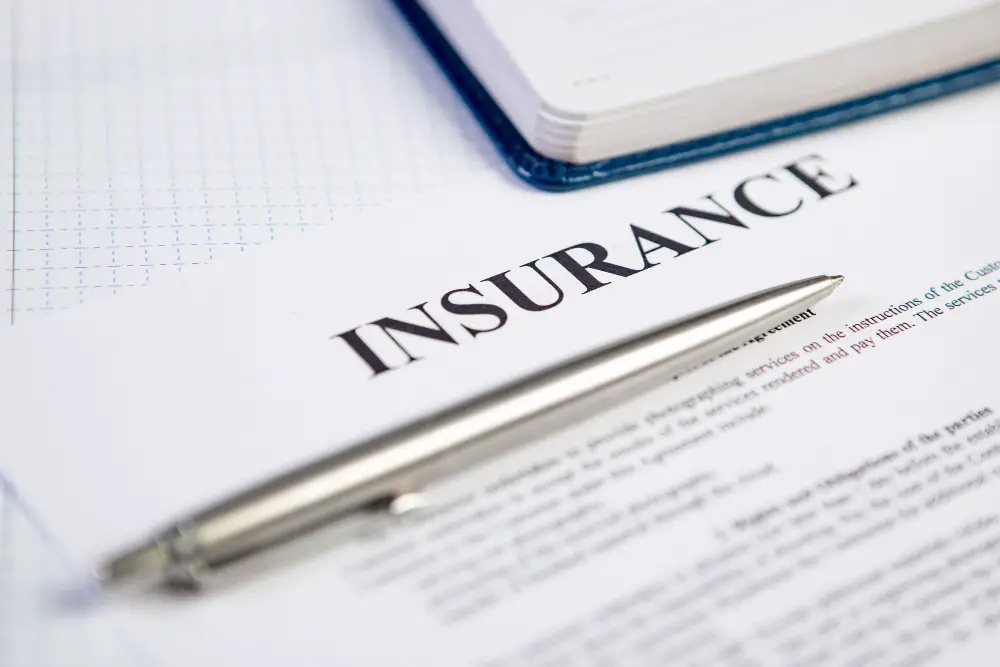
For comprehensive plumbing protection, it’s worth considering the following add-ons:
- Enhanced Pipework Cover: This option provides additional coverage for both internal and external pipe repairs, which are not included in standard coverage.
- Sewer or Drain Backup Coverage: Specifically covers damage caused by water backing up into your home through your plumbing system. It’s a critical option in areas prone to heavy rain falls.
- Water Damage Legal Coverage: Protects against legal liability if your plumbing issue causes water damage to a neighbor’s property.
- Service Line Coverage: This covers the cost of repairing or replacing service lines that run from the street to your home, which are often not included in general policies.
Remember, the combination of coverages that best suits you depends on myriad factors, including the age and construction of your property, local climate conditions, and your personal tolerance for risk. Consult with your insurance provider to customize your policy accordingly.
Strategies to Prevent Leaking Pipes
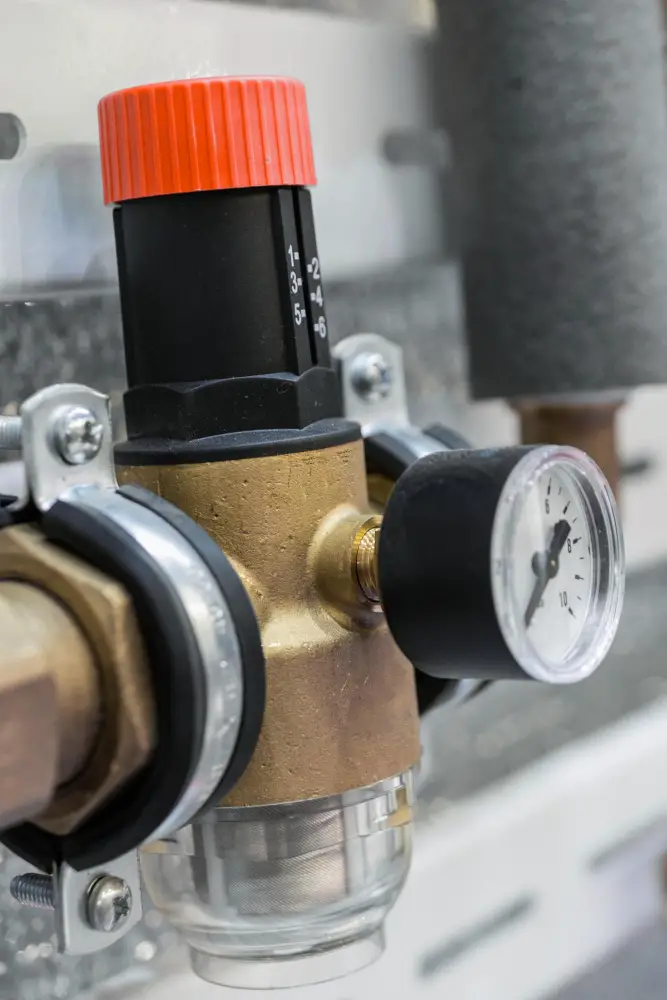
To forestall pipe leaks, apply the following measures.
First, regulate your water pressure. High pressure strains your pipes, thus, investing in a pressure regulator would be a wise move.
Second, soften your water if it is hard. Hard water contains minerals that cause scale build-up, which weakens pipes over time. Install a water softener to counter this.
Third, avoid chemical clog solutions. These corrosive products can damage your pipes with time; instead, use a snake or call in a professional.
Lastly, perform regular professional checks. Trained plumbers can detect early signs of leaks or pipe damage. It’s a preventive measure that is worth the time and money.
These strategies not only limit the risk of pipe leaks but also lessen the possibility of enduring complicated insurance claims.
Implication of Mold Due to Plumbing Issues in Insurance Coverage
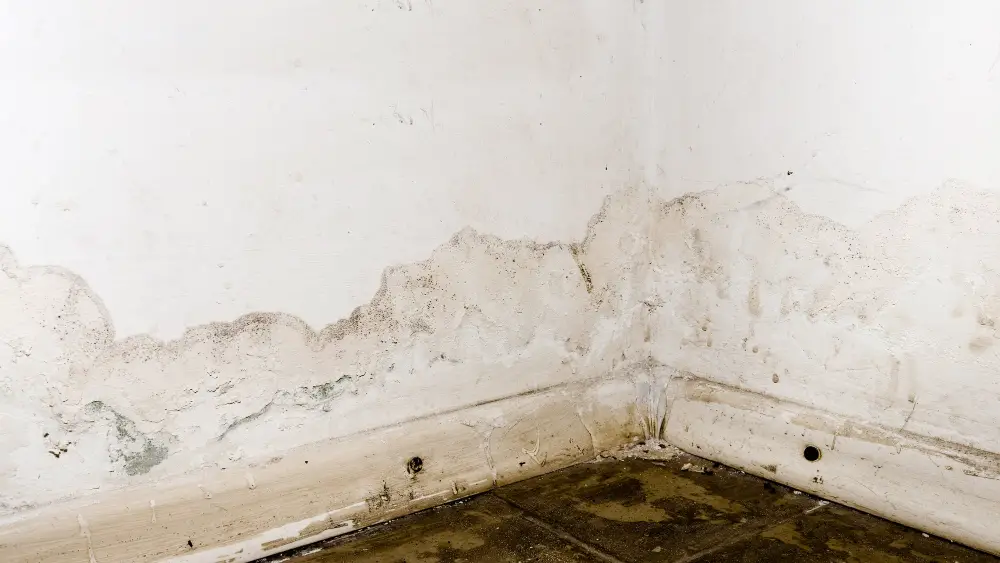
Potential mold growth sparked by plumbing issues can lead to extensive property damage. This damage may not be directly covered by your standard homeowner’s insurance, especially if it results from unresolved maintenance problems.
Your insurance company may view persistent leaks and the resulting mold as signs of neglect rather than unforeseen incidents. Timely plumbing repairs can cease water leaks and minimize the likelihood of mold growth, keeping your property in optimal condition.
If, however, a sudden plumbing issue like a burst pipe were to cause mold, your policy could potentially cover the cost since the incident was abrupt and accidental, not a result of deferred maintenance.
Thus, homeowners must understand the intricate conditions of their insurance policy. Those who live in areas particularly prone to dampness or mold growth might consider adding mold insurance to their policy. Remember, keeping a well-maintained and routinely-checked plumbing system can lessen the odds of mold-related complications and avoid potential coverage disputes.
FAQ
Does homeowners insurance cover water pipe leaks?
Yes, homeowners insurance generally covers losses from sudden and accidental water pipe leaks, but not damage from slow, constant leaks or issues due to neglect or improper maintenance.
Does homeowners insurance cover broken pipe under slab?
Homeowners insurance generally covers the cost of repairing a cracked slab resulting from a pipe burst, but the repair of the broken pipe itself is typically not covered.
Does homeowners insurance cover blocked pipes?
No, homeowners insurance does not cover blocked pipes as these are often classified under preventable or maintenance-related damages.
Does home insurance cover roots in pipes?
Home insurance typically does not cover damage by tree roots in your sewer lines.
Are septic system issues covered by homeowners insurance?
Typically, homeowners insurance does not cover septic system issues as they are considered part of home maintenance.
Will homeowners insurance cover water damage from a burst pipe?
Yes, homeowners insurance typically covers water damage resulting from a burst pipe.
Does homeowners insurance provide coverage for sewer line replacement?
Typically, standard homeowners insurance does not cover sewer line replacement as it is considered routine maintenance.



